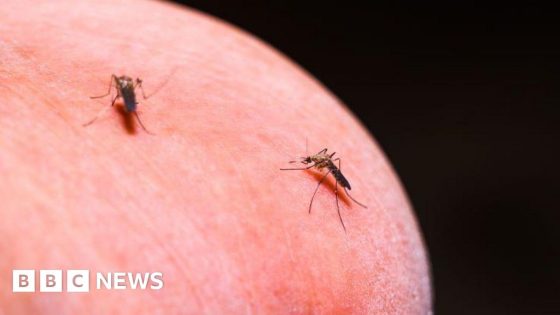Recent research highlights a groundbreaking approach to combat malaria, a disease that claims nearly 600,000 lives annually, primarily among children. On May 22, 2025, US researchers proposed administering malaria drugs to mosquitoes, effectively halting their ability to spread the disease.
- Mosquitoes should receive malaria drugs to clear infections.
- Malaria kills nearly 600,000 people annually.
- Current methods focus on insecticides, not cures.
- Harvard researchers identified effective drug combinations.
- Drug-coated bed nets could prevent malaria transmission.
- Future studies planned in Ethiopia for real-world testing.
Traditionally, efforts have focused on killing mosquitoes with insecticides. However, a team at Harvard University has discovered that certain drugs can clear malaria from infected mosquitoes when absorbed through their legs. This innovative method could revolutionize malaria prevention.
This new strategy raises an important question: Could this dual approach of using drugs and insecticides enhance malaria control efforts? The researchers suggest that treating bed nets with these drugs could provide a long-lasting solution, especially as mosquitoes develop resistance to conventional insecticides.
- Consider using bed nets treated with both anti-malarial drugs and insecticides.
- Stay informed about malaria vaccines recommended for children in high-risk areas.
- Engage in community efforts to promote mosquito control measures.
As we look to the future, the combination of anti-malarial drugs and insecticides may pave the way for more effective malaria management. Staying proactive in prevention strategies is essential for safeguarding public health.































